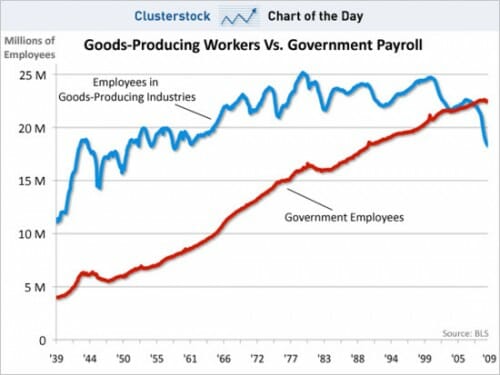How The Left Is Changing the Meaning of Words to Reduce Freedom -- The Phrase "Incite Violence"
A surprising number of folks on the Left of late seem to be advocating for restrictions on free speech -- Howard Dean is among the latest. One of the arguments they use is that, they say, it is illegal in one's speech to "incite violence". Folks like Glenn Reynolds and Eugene Volokh have responded with legal analyses of this statement, but I want to point out something slightly different -- that in the way the Left is using this phrase, the meaning has been shifted in very dangerous ways.
First, some basic legal background, and on First Amendment issues I find it is always safe to run to Eugene Volokh for help:
To be sure, there are some kinds of speech that are unprotected by the First Amendment. But those narrow exceptions have nothing to do with “hate speech†in any conventionally used sense of the term. For instance, there is an exception for “fighting words†— face-to-face personal insults addressed to a specific person, of the sort that are likely to start an immediate fight. ....
The same is true of the other narrow exceptions, such as for true threats of illegal conduct or incitement intended to and likely to produce imminent illegal conduct (i.e., illegal conduct in the next few hours or maybe days, as opposed to some illegal conduct some time in the future). Indeed, threatening to kill someone because he’s black (or white), or intentionally inciting someone to a likely and immediate attack on someone because he’s Muslim (or Christian or Jewish), can be made a crime. But this isn’t because it’s “hate speechâ€; it’s because it’s illegal to make true threats and incite imminent crimes against anyone and for any reason, for instance because they are police officers or capitalists or just someone who is sleeping with the speaker’s ex-girlfriend.
So it is illegal to "incite violence" though this exception to free speech is typically very narrow. As I understand it, a KKK speaker who shouts from the podium, "look, a black guy just walked in, everybody go beat him up" would probably be guilty of inciting violence if the crowd immediately beat the guy up. A BLM speaker who shouted as part of his speech that the crowd needed to fight back against police oppression would likely not be guilty of inciting violence if, some months later, one of the audience members assaulted a police officer.
But what all of this has in common is speakers telling their supporters to go out and commit violence against some other person or group. The violence incited is by the speakers supporters and is specifically urged on by the speaker. But this is not how the Left is using the term "incite violence". The Left is using this term to refer to violence by opponents of the speaker attempting to prevent the speaker from being heard. For example, when folks argue that Ann Coulter cannot speak at Berkeley because she will "incite violence", they don't mean that she is expected to stand up and urge her supporters to go do violence against others -- they mean that they expect her opponents to be violent.
This is a horrible newspeak redefinition of a term. It is implying that a speaker is responsible for the violence by those who oppose her. By this definition, the socialists of 1932 Germany were guilty of "inciting violence" whenever Nazi brownshirts tried to brutally shut down socialist meetings and speeches.
I am not sure why the Left is so good at this - perhaps because most of the media is sympathetic to the Left and is willing to let them define the terms of the debate. The Left has successfully performed a similar bit of verbal judo with the claim that Russians "hacked" the last election. By calling leaks of Democratic private correspondence "hacking the election", they have successfully left the impression among many that the Russians actually manipulated vote totals, something for which there is zero evidence and really no credible story of how it might have been done.







